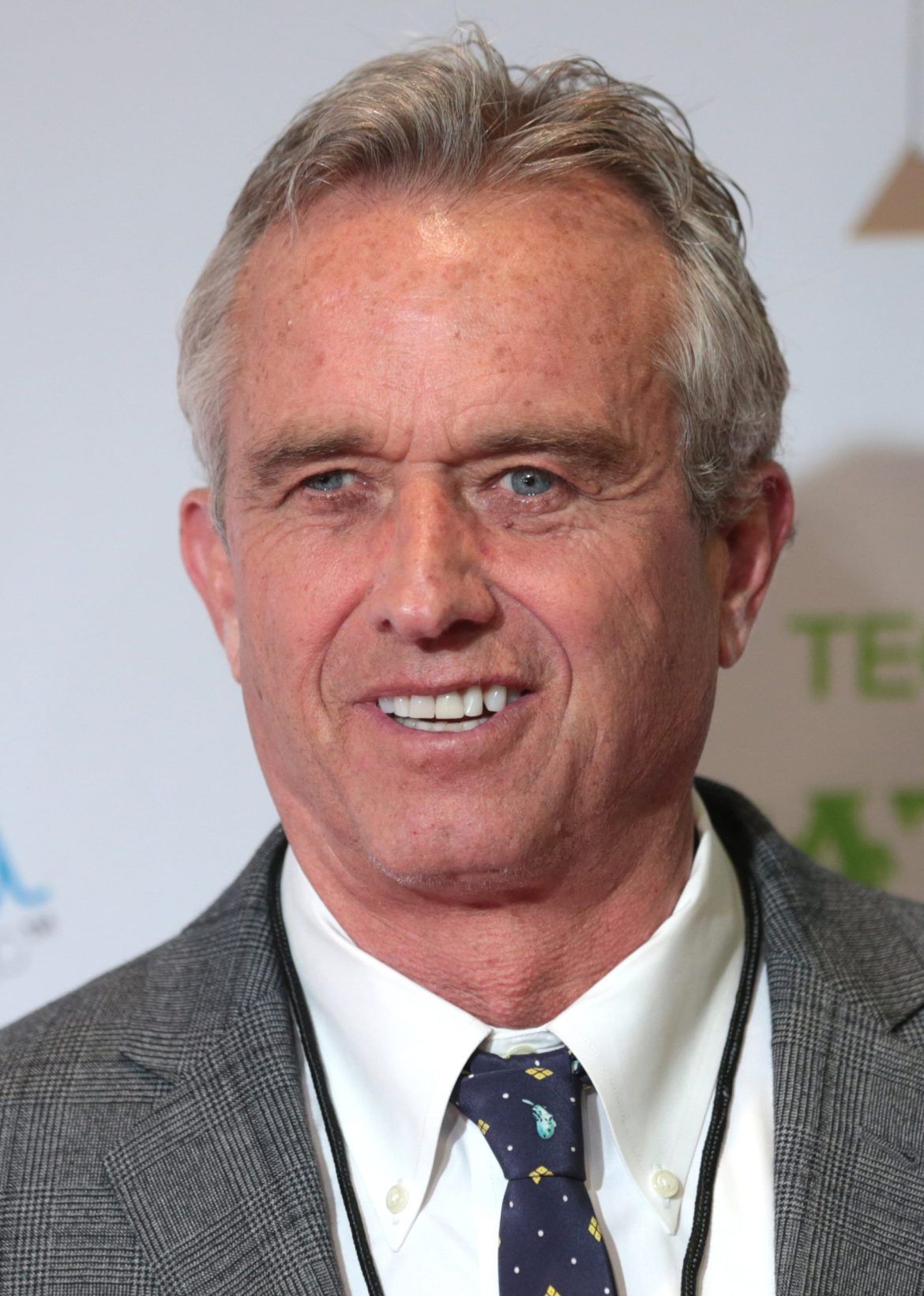In a recent move to combat the spread of misinformation regarding vaccines, YouTube has announced the removal of a video interview from the Jordan Peterson channel featuring Robert F. Kennedy Jr. The popular video-sharing platform stated that the content violated their policies regarding vaccine misinformation.
According to a statement given to Fox News Digital, YouTube confirmed that the interview was removed from the Jordan Peterson channel due to its violation of the platform’s “general vaccine misinformation policy.” The decision reflects YouTube’s ongoing efforts to prevent the dissemination of inaccurate information about vaccines, particularly as the world continues to grapple with the COVID-19 pandemic.
The interview in question featured renowned Canadian psychologist and author, Jordan Peterson, engaging in a discussion with Robert F. Kennedy Jr., an environmental lawyer and prominent figure in the anti-vaccine movement. Kennedy Jr. has been vocal about his concerns regarding vaccines, particularly with regards to their potential side effects and safety.
YouTube’s vaccine misinformation policy is designed to curtail the spread of false information and promote reliable sources of health-related information. The policy aims to prevent the propagation of misleading claims that could undermine public health efforts and contribute to vaccine hesitancy.
Critics of YouTube’s decision argue that the removal of the video infringes upon the principles of free speech and open discourse. They contend that platforms like YouTube should allow a wide range of perspectives, including those that challenge mainstream medical narratives. However, YouTube maintains that the removal of content is necessary to combat the spread of misleading information and protect public health.
This incident adds to the growing debate over the role of social media platforms in regulating content and addressing the dissemination of misinformation. Companies like YouTube, Facebook, and Twitter have faced increasing pressure from governments, health organizations, and the public to take action against false or misleading information related to vaccines and other public health issues.
YouTube’s action follows a series of similar steps taken by other platforms in recent months. Facebook, for instance, has implemented stricter policies and enforcement measures to combat vaccine misinformation on its platform. Twitter has also introduced warning labels and fact-checking mechanisms to limit the spread of inaccurate information.
While these measures have been praised by some for their role in combating misinformation, others argue that they risk stifling legitimate discussion and impeding freedom of expression. Striking a balance between countering misinformation and preserving open dialogue remains a challenge for these platforms.



